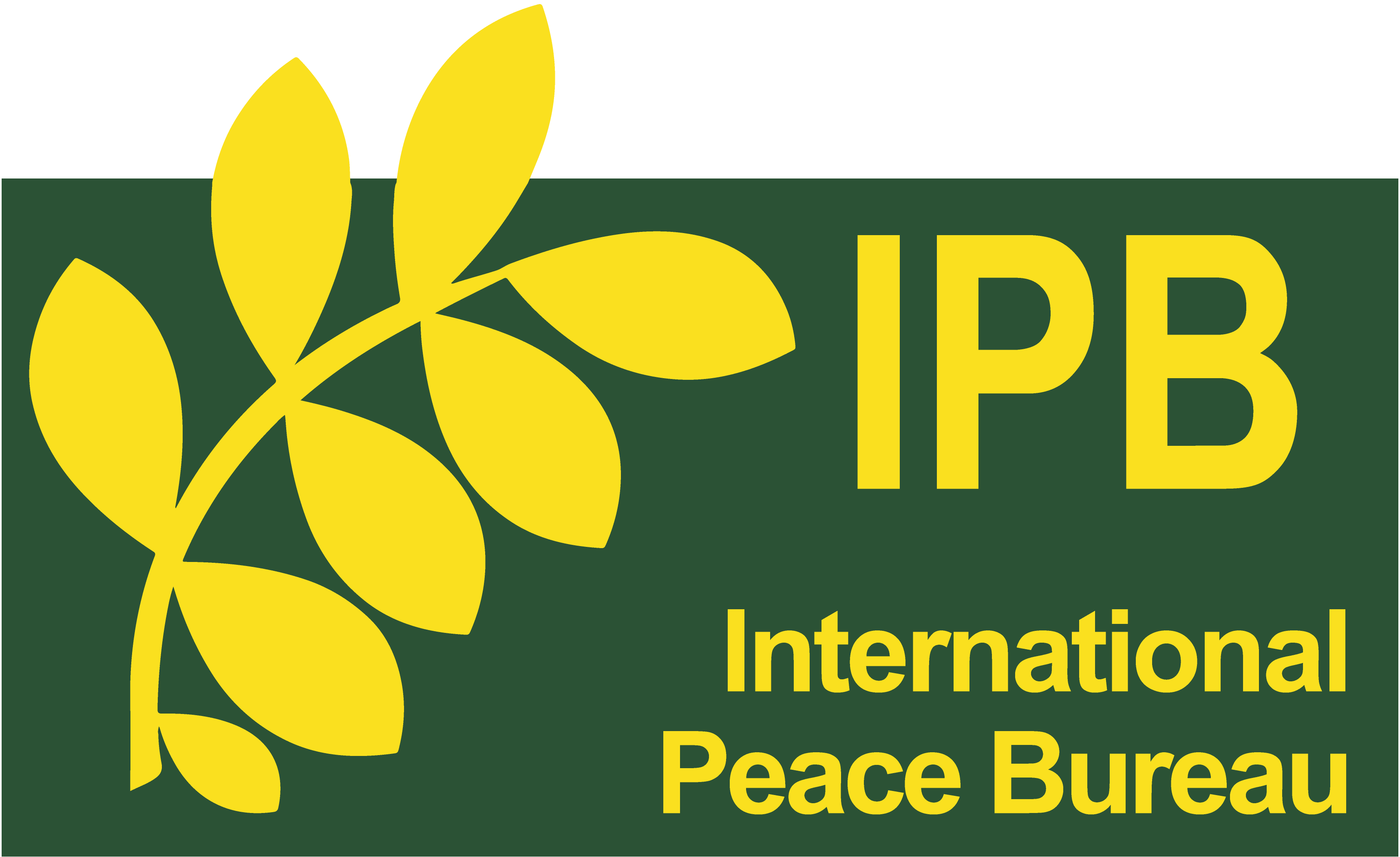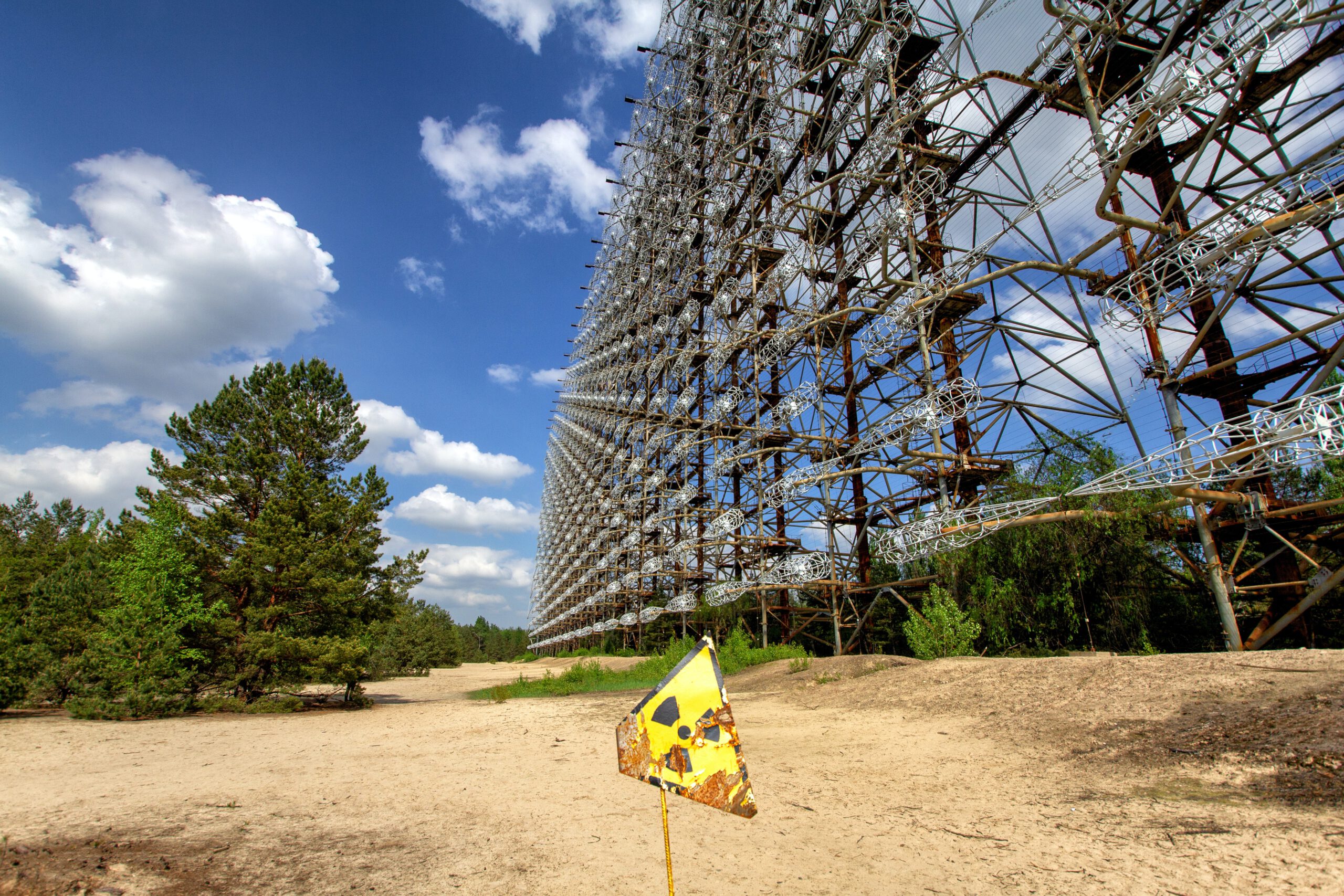A blog post by Fateme Fazel
The desirability of peace is as clear as day for everyone, but if we dig deeper into its definition, different points of view emerge. Some believe it is simply the absence of war but some say that realizing peace brings with itself concepts like economic development, ethnic, racial and religious tolerance, justice, etc. Gaps between views on how the peace could be defined and hence achieved, led the Norwegian sociologist Johan Galtung to the conclusion that there are two definitions available for peace: negative and positive peace. While negative peace is similar to the popular conception of peace, i.e. the absence of war, positive peace is seeking to equip societies with the aforementioned concepts so as to stabilize peace and hindering future wars and potential conflicts. These two interrelated definitions of peace complete each other; achieving positive peace is impossible without negative peace pre-existing and ignoring the positive peace prerequisite could eventually erupt into chaotic unrest. Although both are of crucial role in the current climate, negative peace is the cradle of the positive one; prior to fulfilling any positive peace ideals, there should be an absence of war. So, keeping negative peace continuous presence as steady as a rock is on the top of every country’s list of priorities.
Peace, but in Its Negative Mood
So many ways can be named for preserving that mood, but a tried and true one that is manifestly observable in almost every country, is to possess at least a regular army or join a collective defense union. The ability to respond to every threat of attack efficiently, can make enemies push thoughts of declaring a war to the back of their mind. This ability is a main constituent part of a theory called “Deterrence Theory”; a strategy intended to dissuade an adversary from taking an action in the future by threatening reprisal. This theory played a significant role during the Cold War. Once a state recognizes the loss came from waging a war to outweigh its profits, it will no longer get the plan of invasion moving.
Enter the Dragon!
The birth and growth of nuclear weapons since the 1940s destabilized the existing equilibrium between international actors. The new weapon was untameably powerful – something no one at that time could have imagined in their wildest dreams. Conventional weapons, with which most regular armies were equipped, could do little to respond to a nuclear attack. Fighting fire with fire, soon states found themselves in an endless nuclear race to keep the danger of rivals nuclear attacks at bay. A state’s desire to possess one of these brand new, unwelcomed weapons, makes having nuclear weapon fashionable in the international arena (take China, India and Pakistan as examples, three neighboring states with border tensions, where a nuclear domino effect occurred among them). Subsequently they allocate lower budgets to social services, health care systems, and the like , because they spend large sums of money on their nuclear weapons program (this side effect of possessing nuclear weapons is especially tangible in developing countries). Possessing nuclear weapons will violate of people’s right to peace (cause it would make that country a target for possible nuclear attack), stated in Article 28 of the Universal Declaration of Human Rights ,and violate the right to a healthy environment(for obvious reasons). Added to this the fact that these weapons are not developed just to be displayed behind the metaphorical shop window of a country’s arsenal; rather, they’re born to raze to the ground and their possible deployment can cast a dark shadow over the right to peace of people living in other countries. Even the NPT cannot prevent nuclear conflict because it only bans nuclear weapons production and acquisition, not their launching. And, above all, the treaty itself permits member states to withdraw from it when they feel their supreme interests have been jeopardized (Article 10). It seems negative peace with the deterrence spice formula in the nuclear era is a recipe for disaster.
Silver lining
A state risks acquiring nuclear ammunition when it sees its national security in danger. Is there any alternative way to ensure a state that there is no threat of nuclear attack? yes there is. A savior angel called Nuclear Weapon Free Zone (NWFZ). Currently there are six NWFZs in the world; Latin America and the Caribbean, South Pacific, Southeast Asia (ASEAN), Central Asia, Africa and Antarctica. Under the NFWZ system , not only the whole region undertakes to abolish nuclear weapon possession in any form or shape, but they also compel the five recognized nuclear states to pledge not to use or threaten to use nuclear weapons against the zone, under the NPT’s legally-binding Negative Security Assurance,. Thus, the zone states find no appetite left for investment in any nuclear weapon program. However, in my view, the five recognized nuclear states are not the sole nuclear derived threat, as other states with nuclear bombs (India, Pakistan, Israel and North Korea are not states parties to the NPT and all have nuclear weapons) or even non-state actors are capable of turning into the source of such threat. This underlies the importance of legally-binding Positive Security Assurance. It means a guarantee from nuclear powers to back the region in case of a nuclear attack, in order to boost peace and security in a NWFZ.
I’m Peace, my Name is NWFZ
Everyone has the right to enjoy peace, such that all human rights are promoted and protected, and development is fully realized (enshrined in Article 1 of the Declaration on the Right to Peace 2016). What is it really like to enjoy your right to peace? Should the government add an article to the criminal code and penalize “violations of the right to peace”? Should it enact an exclusive spending bill for peace?
Whenever the government criminalizes a crime like hate speech, it’s a step toward respecting people’s right to peace. Whenever it appropriates a budget for improving education system, it’s other step toward right to peace. And whenever you hear about the existing or new NWFZs, remember it’s a huge step toward esteeming people’s right to peace.
About the author: Fateme Fazel is a LLM student at Shahid Beheshti University. She is studying public international law and focuses on nuclear law and subjects related to non-proliferation and disarmament. She’s got experience working in a NGO whose activities focus on banning chemical weapons deployment, the Tehran Peace Museum.

